The night sky has always been a source of wonder and inspiration for humanity. Since ancient times, civilizations across the globe have looked up at the stars and seen not just random points of light, but patterns, stories, and divine messages. The concept of zodiac signs and astrological systems emerged from this celestial fascination, forming what we now recognize as the foundation of astrological civilization. From the Babylonians to the Egyptians, from the Greeks to the Chinese, each culture developed its own interpretation of the stars, weaving mythology, astronomy, and human destiny into a complex tapestry that continues to influence modern thought.
The Birth of Astrological Systems
One of the earliest known astrological systems originated in Mesopotamia around the 2nd millennium BCE. The Babylonians meticulously recorded celestial movements, correlating them with earthly events. They divided the sky into twelve sections, each associated with a constellation—a framework that would later evolve into the Western zodiac. Meanwhile, in ancient Egypt, the stars played a crucial role in both religion and agriculture. The heliacal rising of Sirius, for instance, signaled the annual flooding of the Nile, a vital event for their agrarian society. These early systems were not just about predicting the future; they were deeply intertwined with the cultural and spiritual identity of the people.
Greek Contributions and the Zodiac as We Know It
The Greeks, with their rich mythological tradition, expanded upon Babylonian astrology, infusing it with their pantheon of gods and heroes. The twelve zodiac signs we recognize today—Aries, Taurus, Gemini, and so on—were named and defined during the Hellenistic period. Ptolemy, the famed astronomer and astrologer, later systematized these ideas in his work Tetrabiblos, which became a cornerstone of Western astrology. The Greeks also introduced the concept of the "natal chart," a personalized map of the heavens at the moment of one's birth, believed to influence personality and fate. This idea persists in modern astrology, demonstrating the enduring legacy of these ancient thinkers.
Eastern Astrology: A Different Perspective
While Western astrology focuses on the position of the sun, moon, and planets, Eastern systems like Chinese astrology emphasize a twelve-year cycle, with each year represented by an animal sign. Rooted in Taoist philosophy, the Chinese zodiac incorporates elements such as wood, fire, earth, metal, and water, adding layers of complexity to personality and destiny readings. Indian Vedic astrology, or Jyotish, also diverges from its Western counterpart, using a sidereal zodiac that accounts for the precession of the equinoxes. These differences highlight the diversity of astrological thought and its adaptability to various cultural contexts.
Astrology in the Modern World
Despite the rise of scientific rationalism, astrology has not faded into obscurity. On the contrary, it has experienced a resurgence in recent decades, particularly among younger generations. Social media platforms are flooded with memes, horoscopes, and astrological compatibility tests, blending ancient wisdom with contemporary digital culture. Skeptics dismiss it as pseudoscience, yet millions continue to find meaning in their star signs, whether for guidance, self-reflection, or sheer entertainment. The persistence of astrology speaks to a fundamental human desire to seek patterns and purpose in the chaos of existence.
The Cultural Impact of Astrological Beliefs
Astrology's influence extends beyond personal spirituality. It has shaped art, literature, and even politics throughout history. Renaissance artists embedded astrological symbols in their works, believing in the harmony between the microcosm of human life and the macrocosm of the universe. Shakespeare’s plays are rife with astrological references, reflecting the Elizabethan era’s fascination with celestial omens. In more recent times, world leaders have consulted astrologers for auspicious dates to launch policies or sign treaties. Whether as a tool for introspection or a lens through which to view the world, astrology remains a potent cultural force.
Criticism and the Future of Astrology
Of course, astrology is not without its detractors. Scientists argue that there is no empirical evidence to support the idea that celestial bodies influence human behavior. Psychologists often attribute the appeal of horoscopes to the Barnum effect—the tendency to accept vague, general statements as personally meaningful. Yet, even in the face of criticism, astrology endures. Some speculate that its future lies in a synthesis with technology, with AI-generated natal charts and algorithm-driven horoscopes becoming more sophisticated. Others believe it will remain a timeless tradition, offering solace and insight in an increasingly uncertain world.
From the stargazers of ancient Babylon to the smartphone-wielding millennials of today, the human connection to the cosmos has remained unbroken. Astrological civilization, in all its forms, reflects our eternal quest to understand ourselves and our place in the universe. Whether one views it as science, art, or superstition, its cultural and historical significance is undeniable. As long as humans look up at the night sky with wonder, the stars will continue to tell their stories.
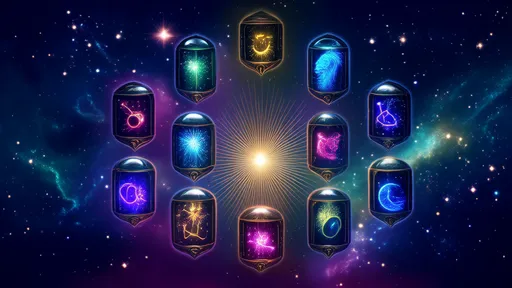
By /Jul 28, 2025
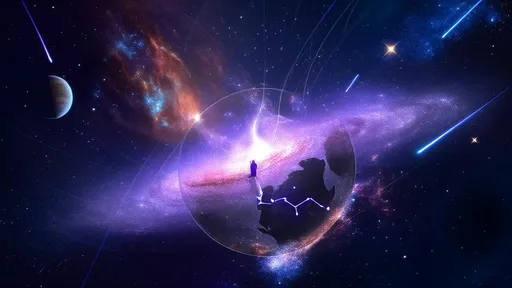
By /Jul 28, 2025

By /Jul 28, 2025
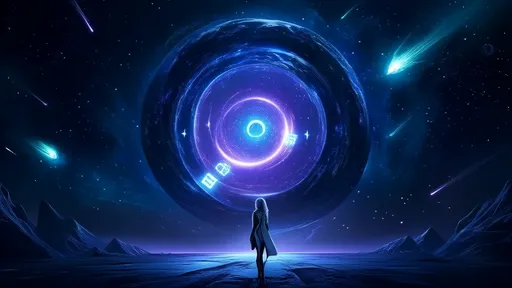
By /Jul 28, 2025
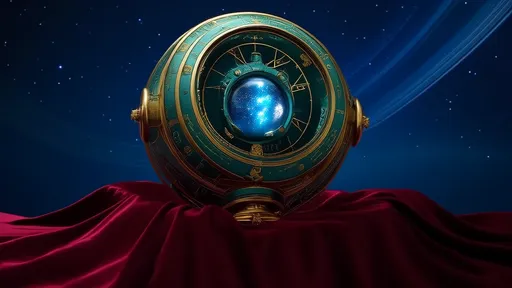
By /Jul 28, 2025

By /Jul 28, 2025
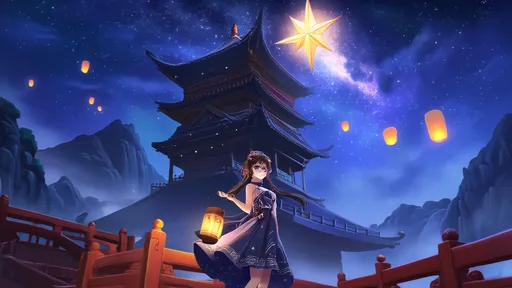
By /Jul 28, 2025
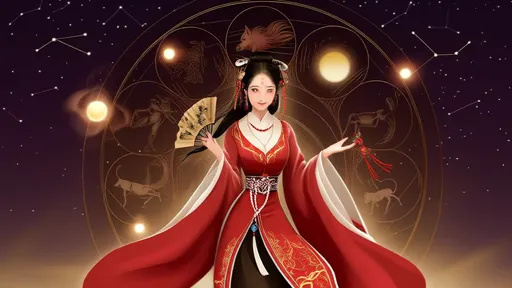
By /Jul 28, 2025

By /Jul 28, 2025
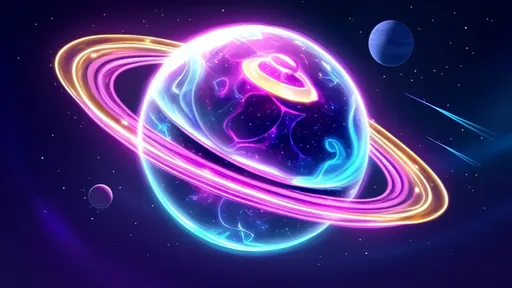
By /Jul 28, 2025

By /Jul 28, 2025

By /Jul 28, 2025
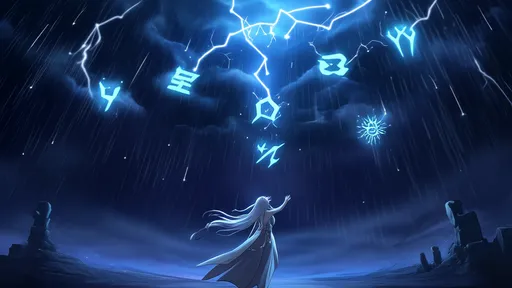
By /Jul 28, 2025

By /Jul 28, 2025
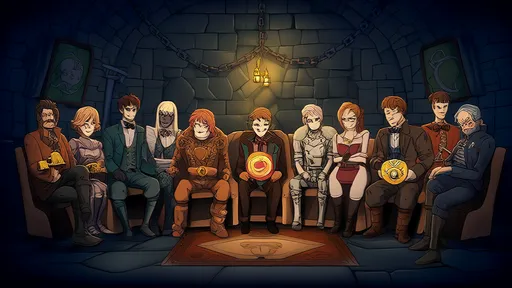
By /Jul 28, 2025

By /Jul 28, 2025

By /Jul 28, 2025
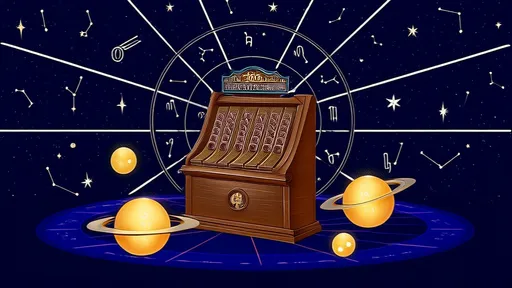
By /Jul 28, 2025

By /Jul 28, 2025
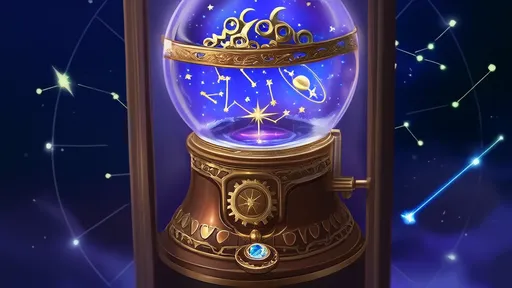
By /Jul 28, 2025